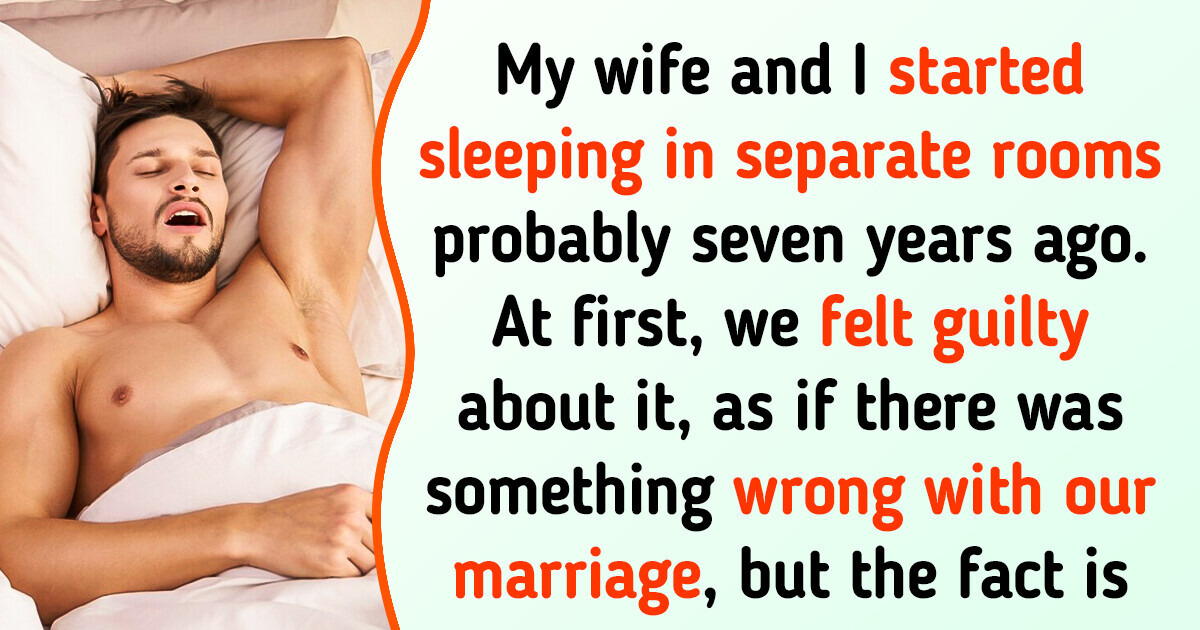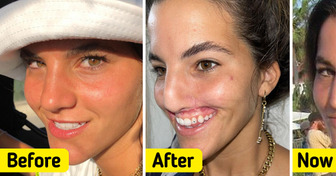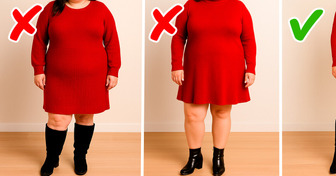Breastfeeding, Beautifully: 15 Celebrity Moms Who Embrace Motherhood and Empower Women Everywhere


As people get older, things can change a lot in their lives, especially for couples. There are some unexpected issues like changes in the body, snoring, and sleep problems that can really impact how well both partners sleep. When these things happen, some couples might decide that sleeping together isn’t helping them anymore. When married partners start sleeping in separate beds, it’s sometimes called a “sleep divorce.” This idea is supported by many celebrities, such as Victoria Beckham and Cameron Diaz.
Sleep specialist, Wendy Troxel, notes a growing trend of couples exploring the benefits of sleeping separately to enhance their overall health. Lack of sleep, as highlighted by the US Centers for Disease Control and Prevention, is associated with a range of health risks, including diabetes, stroke, cardiovascular disease, and dementia.
Troxel emphasizes not only the physical but also the emotional impact of sleep deprivation on relationships. It affects mood, frustration levels, tolerance, empathy, and communication. Dr. Raj Dasgupta, another sleep specialist, adds that sleep loss can lead to reduced empathy and emotional regulation, resulting in miscommunication during conflicts.
While the idea of a sleep divorce may seem unconventional, Troxel suggests that it can have significant upsides. Research indicates that well-rested individuals are better communicators, happier, more empathic, and even funnier—qualities that are crucial for developing and sustaining strong relationships.
However, before considering a sleep divorce, experts advise ruling out underlying sleep issues. Partners can play a crucial role in identifying sleep disorders such as sleep apnea, restless legs syndrome, or medications that induce insomnia. If a sleep divorce seems imminent, Troxel recommends viewing it as a “sleep alliance” rather than a separation. A well-rested person, according to her research, contributes to a healthier and happier relationship.
For those committed to sleeping together, coping tips include elevating the head to reduce snoring, using earplugs or white noise machines, sleeping under different blankets and experimenting with sleep scheduling. Turning a snorer to their side or exploring FDA-approved devices may also help.
Ultimately, if all attempts fail, couples can consider separate bedrooms. Troxel suggests maintaining a connection by establishing pre-bedtime rituals, spending quality time together, and expressing gratitude. A “sleep divorce” doesn’t necessarily mean a permanent separation; couples can customize their sleep strategy based on their unique preferences and needs.
Even though sleeping apart might sound unusual to some, this unexpected choice can actually bring many advantages. For couples looking to enhance their sleep, maintain their marriage, and boost their health, sleeping separately can be a game-changer.
Some potential perks of sleeping apart include:











